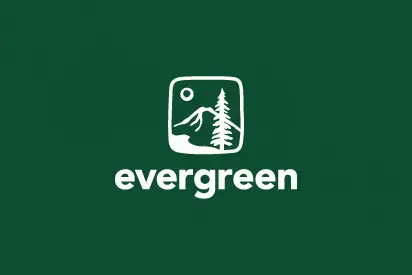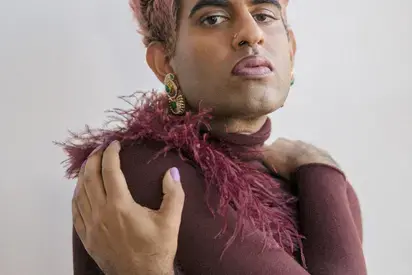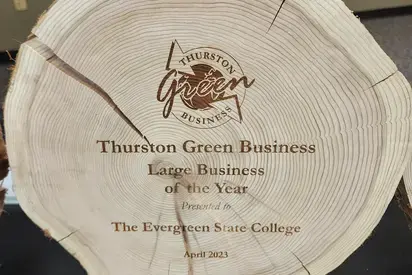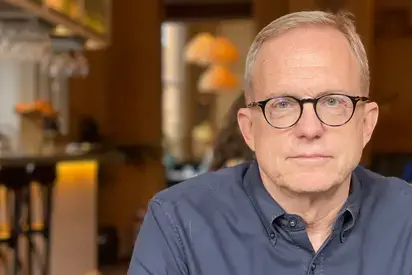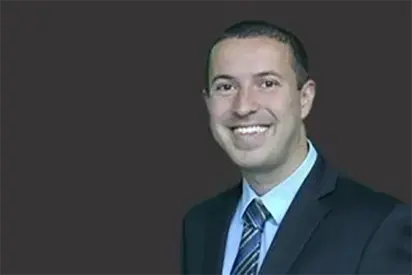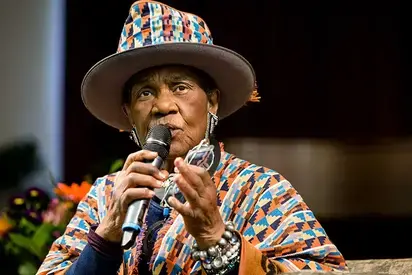OLYMPIA – The Evergreen State College’s two-day Equity Symposium took place on April 19th and 20th. Each year, this event brings the Evergreen community together with speakers, performances, workshops and social events to inspire, teach and celebrate.
Students, staff and faculty attended sessions over the two days to continue building a vision of equity, belonging and social justice across the college’s two campuses and beyond. This year’s theme was “You Are Enough: Healing Towards Belonging and Collective Liberation.”
The Washington state legislature ended its 2023 session on April 23, passing robust operating and capital budgets that will strengthen Evergreen and enhance our support for students.
OLYMPIA – The Evergreen State College’s two-day Equity Symposium takes place this Wednesday and Thursday, April 19 and 20. Each year, this event brings the Evergreen community together with speakers, performances, workshops and social events to inspire, teach and celebrate.
The Evergreen State College was awarded the Thurston County Chamber’s Green Business of the Year for a big business at an award ceremony on Wednesday, April 12.
The program assesses an applicant’s actions in seven key areas including:
John Howard, Emeritus Professor of Arts and Humanities at King’s College London, Queer Studies scholar and author will be in Olympia and featured at two events on April 7 and 10, one of which is at The Evergreen State College.
Professor Howard will be featured at 7 p.m. on Friday, April 7 at the Olympia Film Society’s screening and discussion of “Electra,” (1964). Students showing their Evergreen ID can get tickets for $9.00.
He will then come to Evergreen’s Purce Hall at 3 p.m., Monday, April 10 for a public lecture titled, “Doing Queer History: Here and Now.”
April 3 marks the 85th day of the of the 105-day 2023 legislative session. Initial House and Senate operating and capital budgets have been released, and they contain thoughtful and strategic investments for Evergreen. Compensation increases, money to renovate Sem I and some funding to expand prison education are among the highlights in both versions. Differences between them need to be negotiated and reconciled by the end of the session on April 23 to produce the final biennial budget.
Joel Pearson, Greener alum and top-notch cross country coach joins Evergreen’s athletic department beginning April 1, 2023.
A little more than halfway through the legislative session, we are now past the point where new bills can be introduced other than those necessary for a budget. This is a time where the Senate is hearing bills passed by the House, and the House those passed by the Senate.
Meanwhile, everyone is waiting for the state’s March 20 revenue forecast, which will be used by legislators to shape their budget proposals. The legislature then has until the end of session April 23 to finalize a budget for the state, which will include funding for Evergreen.
Dr. Maxine Mimms will be celebrated 4-8 p.m., Saturday, March 4 at The Evergreen State College’s Tacoma Campus. This event doubles as a Founder’s Day event and a birthday celebration for the Evergreen, Tacoma founder.
Dr. Mimms began teaching at The Evergreen State College in 1972. She started teaching working adults college-level coursework at her kitchen table in the historic Hilltop neighborhood and it was at that table where Evergreen’s Tacoma Campus was born.
On Friday February 17, the 2023 legislative session reached its first "cut-off" day, the final day where new legislation could be heard and voted on in policy committees. Friday February 24 was the second "cut-off," when the House and Senate fiscal committees had to pass bills onward for them to be viable.
